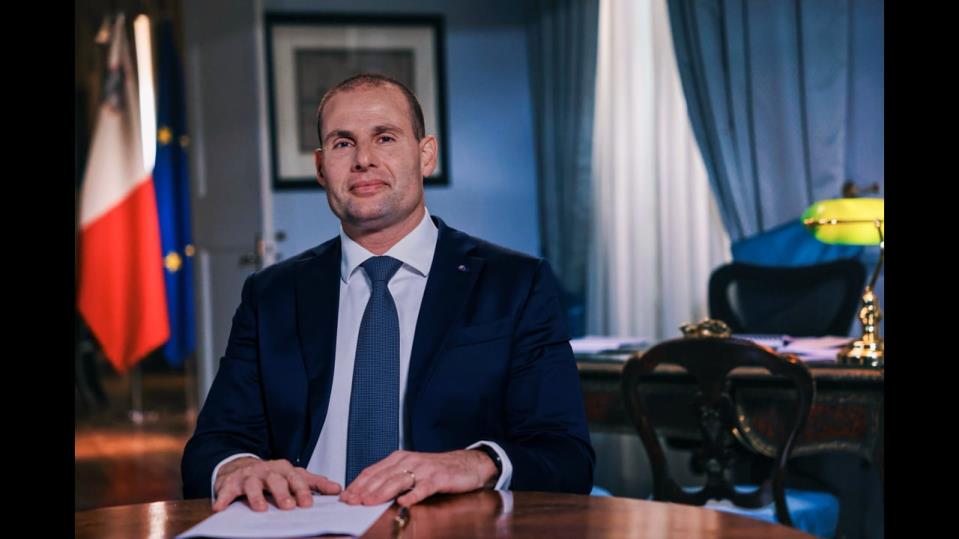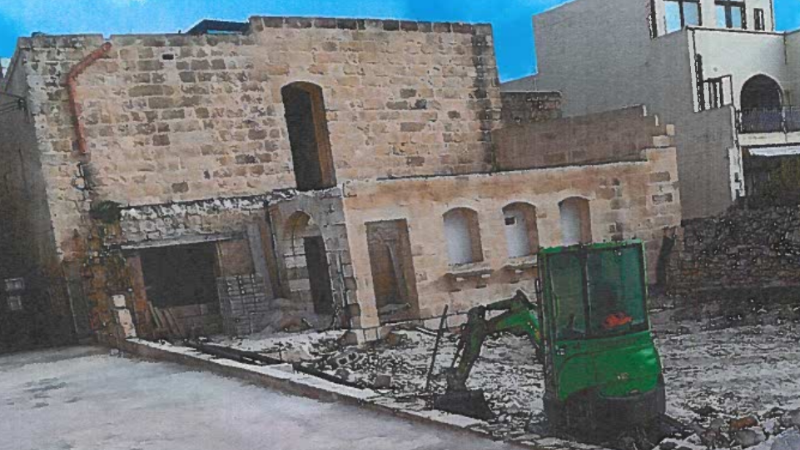PEN Malta has called on Prime Minister Robert Abela to heed the recommendations made in the report of the public inquiry into the assassination of Daphne Caruana Galizia regarding media and civil society, and to speak out over journalists being at risk of threats and abuse.
The letter was sent in the wake of a well-coordinated and far-reaching disinformation campaign that has seen clone or ‘spoof’ websites set up, appearing to look like some of the country’s main media portals.
These portals published fake news stories that tried to undermine the credibility of those portals and journalists by making false claims regarding key figures in the investigation into Caruana Galizia’s assassination.
The aspiring chapter of PEN said they are in discussions with experts to understand more about the campaign.
They urged Abela to take a look at the broader context in which the campaign is being waged, which includes the “backdrop of hostile rhetoric towards journalists and activists, and consistent failures by public institutions.”
It continues that Abela, both as Prime Minister and the leader of the Labour Party, has “the moral authority and duty to speak out in the clearest terms in favour of freedom of expression and freedom of the press.”
Asides from this duty, they stated he has the responsibility to make sure that all institutions follow his lead and consistently reflect his position.
The letter was clear that it’s purpose was to remind Abela that the results of the public inquiry stated that the “enabling atmosphere that led to her killing” was created due to the action and inaction of the Cabinet.
This was further exacerbated by the “constant vilification” she faced by Members of Parliament, ministers, and the Labour Party media.
“We also hope that the inquiry’s recommendations are implemented urgently and transparently, overseen by an independent commission that includes civil society,” it continues.
Other matters raised in the letter include the urgent need for radical reform of public broadcasting. It should be more accountable and “answer to the public that it’s meant to serve,” PEN Malta said.
They also highlighted the “continuous mockery of Freedom of Information” shown by government institutions. When faced with requests, the institutions resort to excuses to keep information of public interest from the people.
The organisation warns that the current situation means journalists and civil society find themselves in a situation where they are the targets of partisan rhetoric.
“That makes them more vulnerable to threats and abuse, which inevitably leads to other forms of violence that need to stop once and for all.”
The letter closes by inviting the Prime minister to meet to discuss these points, and others, which PEN Malta say are “becoming more and more urgent.”
The results of the public inquiry presented an opportunity to ensure real change for journalists in Malta.
Findings of the report included the creation of a culture of impunity and the fact that State officials were, directly and indirectly, depriving her of the right to work in a safe environment. The hateful campaign that ultimately led to her assassination was organised from the Prime Minister’s Office.
It also noted that failure on the part of the police to investigate serious breaches of the law. As such, it found that the State was ultimately responsible for creating and even nurturing a climate in which her assassination was possible.
As a consequence of these findings, a range of recommendations was made to increase protection for media workers. They include considering crimes against journalists as a distinct category of crime,
Constitutional reforms regarding freedom of expression, creating an Ombudsman for journalistic ethics, revising the Media Defamation Act and the Freedom of Information Act, addressing the issue of SLAPPs, and addressing the way state advertising is distributed among media.
Shortly after the report was published, a coalition of 10 international press freedom organisations asked the Maltese authorities to accept the recommendations and publish an action plan for their implementation.
Six weeks after the report’s publication, nothing has been done, and no plans for implementing any of the recommendations have been announced.
In the ongoing situation where journalists and media sites are being cloned and used to push fake news to undermine their credibility, the fact that Abela has yet to speak out and condemn the situation leads to an assumption that the safety of journalists is not a government priority.













Confirmation, if any were needed, that the public increasingly is sceptical of the continuing inability or unwillingness of the Government and its institutions to bring about the change demanded of it.
The findings of the recent reports by the E.U Moneyval and Venice Commission Reports, the 93% majority vote of MEPs that they believe the rule of law in Malta is not being upheld, the DCG report and most recently the FIAU report into the failings at the Pilatus Bank scandal is ample proof that things need to change.
But still no arrests of and successful prosecutions against those identified as being complicit.
Draw your own conclusions.